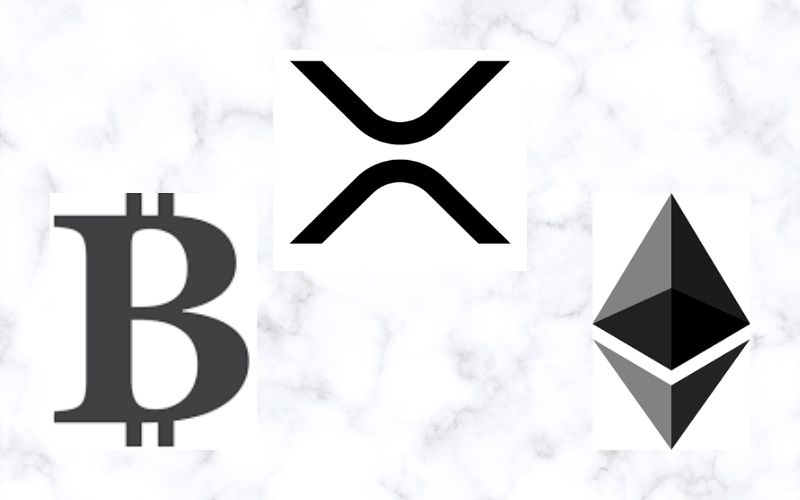Ripple, the Fintech based in San Francisco, recently shared a new survey that reveals real-world interest in Bitcoin (BTC), Ethereum (ETH), XRP, stablecoins, and central bank digital currencies (CBDCs) among payments executives across the globe.
Ripple conducted a survey among 854 executives across 22 countries between August and September 2020, regarding their interests in crypto assets. These executives are professionals in payment services at digital banks, retail banks, money transmitters, and payment aggregators.
Outcome of the Survey
34% of the respondents reveal that their companies are already in production with blockchain technology for use cases related to payments. 24% of them state that they are moving into production with blockchain, while 21% say they are running a pilot or proof of concept for blockchain technology.
Read Also: Ripple’s XRP Already in Existence before the Discovery of its Use Cases –David Schwartz
Moreover, 47% of respondents are interested in the largest cryptocurrency by market cap, Bitcoin (BTC), 25% show interest in Ethereum (ETH), while 19% are interested in XRP.
Also, 45%, 35%, and 17% of the respondents are respectively interested in CBDCs, bank-issued stablecoins, and non-bank stablecoins.
Additionally, the survey indicates that the high volatility of the price of crypto remains a huge concern for payment executives.
The report says:
“This year, the report revealed that price swings experienced by the top two digital assets and arguably the most well known – Bitcoin and Ether – influence respondents’ perception of volatility and pose a problem.
The majority of respondents state that they have confidence in digital assets’ reliability, but have concerns regarding their volatility. Respondents in mature markets have the strongest concerns, with 61% stating they were very to extremely concerned. In contrast, less than half the respondents in LATAM and APAC show concern.
One reason for this is that these regions include countries with a relatively volatile domestic currency—and one that devalued during the first six months of the COVID-19 pandemic e.g. Argentina and Mexico.
As a result, respondents in these regions are more likely to have examined the volatility of digital assets individually as they consider how to hedge against domestic currency risk and manage foreign exchange-related taxes and capital controls.”
Read Also: Bloomberg Report Shows Tether (USDT) May Later Displace Ethereum (ETH)
Conclusively, Ripple says that regulatory clarity, implementation costs, and security of crypto assets are also a concern for payments professionals:
“Emerging markets are leading the charge, recognizing that responsible usage of blockchain and digital assets can unleash tremendous potential for their economy. Without a doubt, both will drive greater financial inclusion and economic growth not unlike the Internet’s impact. Mature markets stand to benefit as well.”
Join us on Twitter
Join us on Telegram
Join us on Facebook
